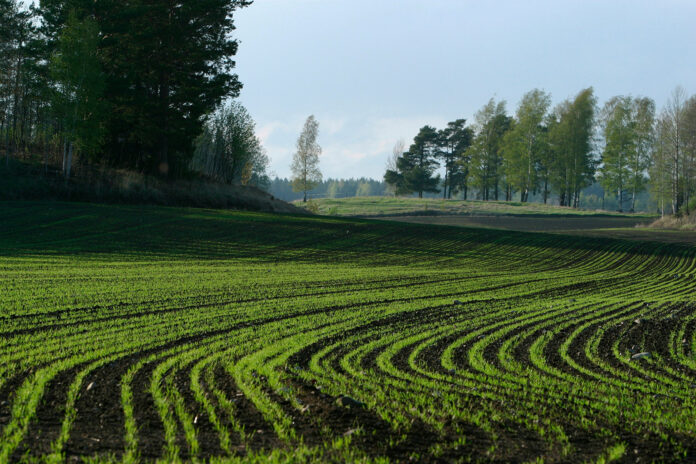
Seán Kelly MEP (Ireland South) highlighted the vital role of farmers in advancing carbon farming initiatives at an event he hosted at the Horse and Jockey Hotel, Thurles this week. Recognising Tipperary’s rich agricultural heritage, Kelly addressed the pressing need to empower farmers in embracing sustainable practices to combat climate change.
“Farming is ingrained in the fabric of Tipperary and it’s imperative that we equip our farmers with the tools to become leaders in carbon farming across the country,” stated Kelly.
“Carbon farming holds immense promise in mitigating climate change while fostering economic growth in our rural communities,” Kelly said.
Highlighting the significance of carbon farming, Kelly explained: “Carbon farming is a holistic approach that harnesses nature’s potential to sequester carbon dioxide from the atmosphere and store it in our soils. Through initiatives like cover cropping, rotational grazing, and agroforestry, farmers can enhance carbon sequestration, bolster soil health and promote biodiversity”.
Kelly stressed the necessity of a robust framework to support farmers in this endeavour. “To realise the full potential of carbon farming, we must establish a well-functioning carbon market that provides farmers with confidence, verification and fair compensation for their climate actions,” Kelly stated.
Discussing his involvement in shaping policy at the European level, Kelly said: “I have been actively engaged in advancing the Carbon Removal Certification Framework within the Parliament’s energy committee. This framework sets out criteria to certify high-quality carbon removals and ensure transparency in monitoring and verification.”
Addressing the economic dimensions of carbon farming, Kelly added ‘carbon farming presents a significant economic opportunity for our agricultural sector. By tapping into sustainable markets for carbon credits, we can incentivise farmers to adopt environmentally friendly practices while enhancing their livelihoods’.
“I was impressed to hear that Irish Agri Carbon Ltd. have launched a pilot with the European Commission, and the outcome has showed the positive opportunities that carbon farming presents. It is important we amplify this message so that Irish farmers are aware of further income streams, particularly as such practices will help us meet climate targets.
“A number of climate financing options to help farmers to adopt this new form of green business model: Firstly, you have Public funding, such as Common agricultural policy, European Innovation Fund and other national schemes. Secondly, there is private funding. For example, cooperatives that pay bonuses to members in exchange for implementing specified climate actions. Lastly, there are voluntary carbon markets and Carbon labels”.
In conclusion, Mr Kelly acknowledged the challenges ahead but expressed optimism about the transformative potential of carbon farming: “To advance carbon farming, we must address concerns around land use, funding and market mechanisms to ensure a fair and equitable transition”.







